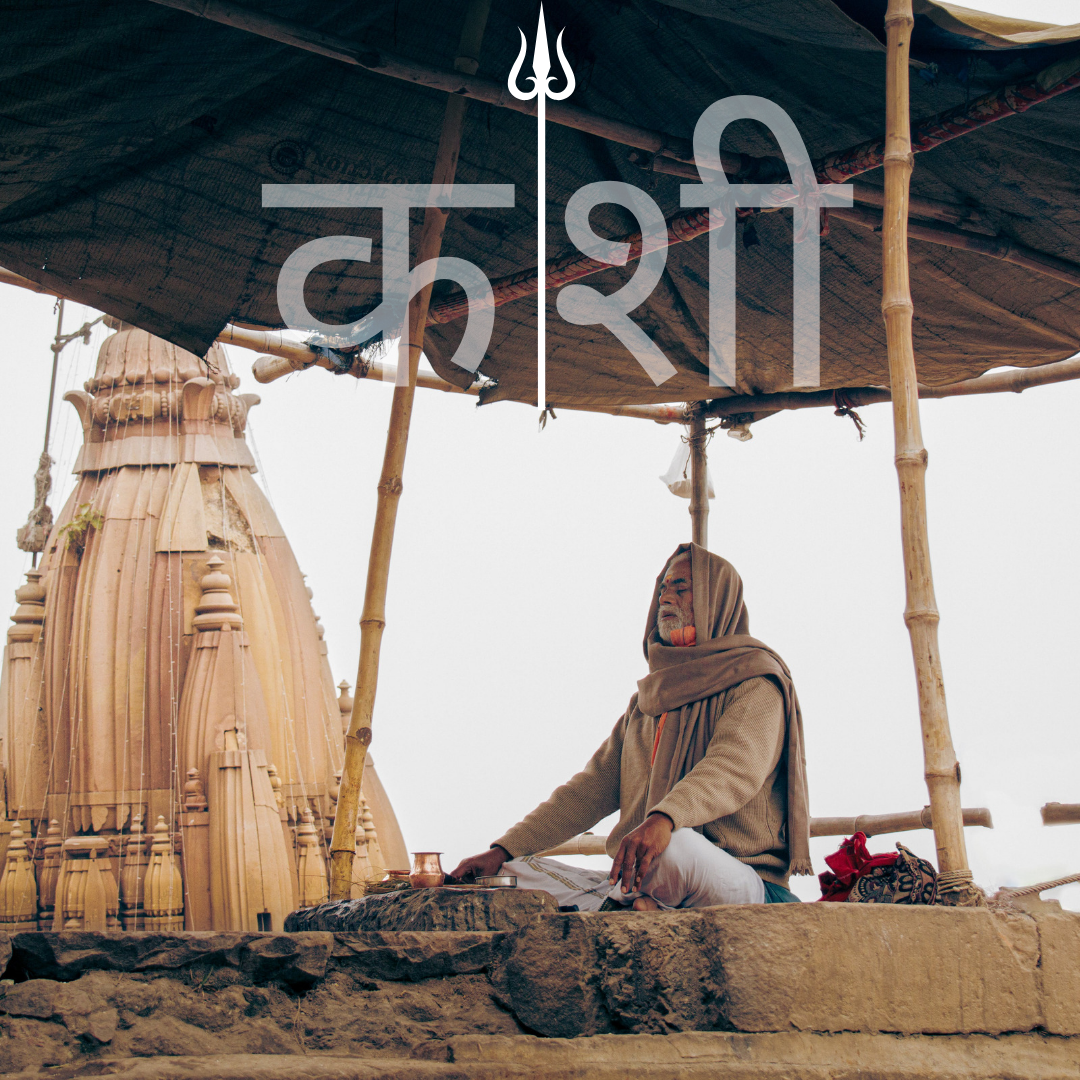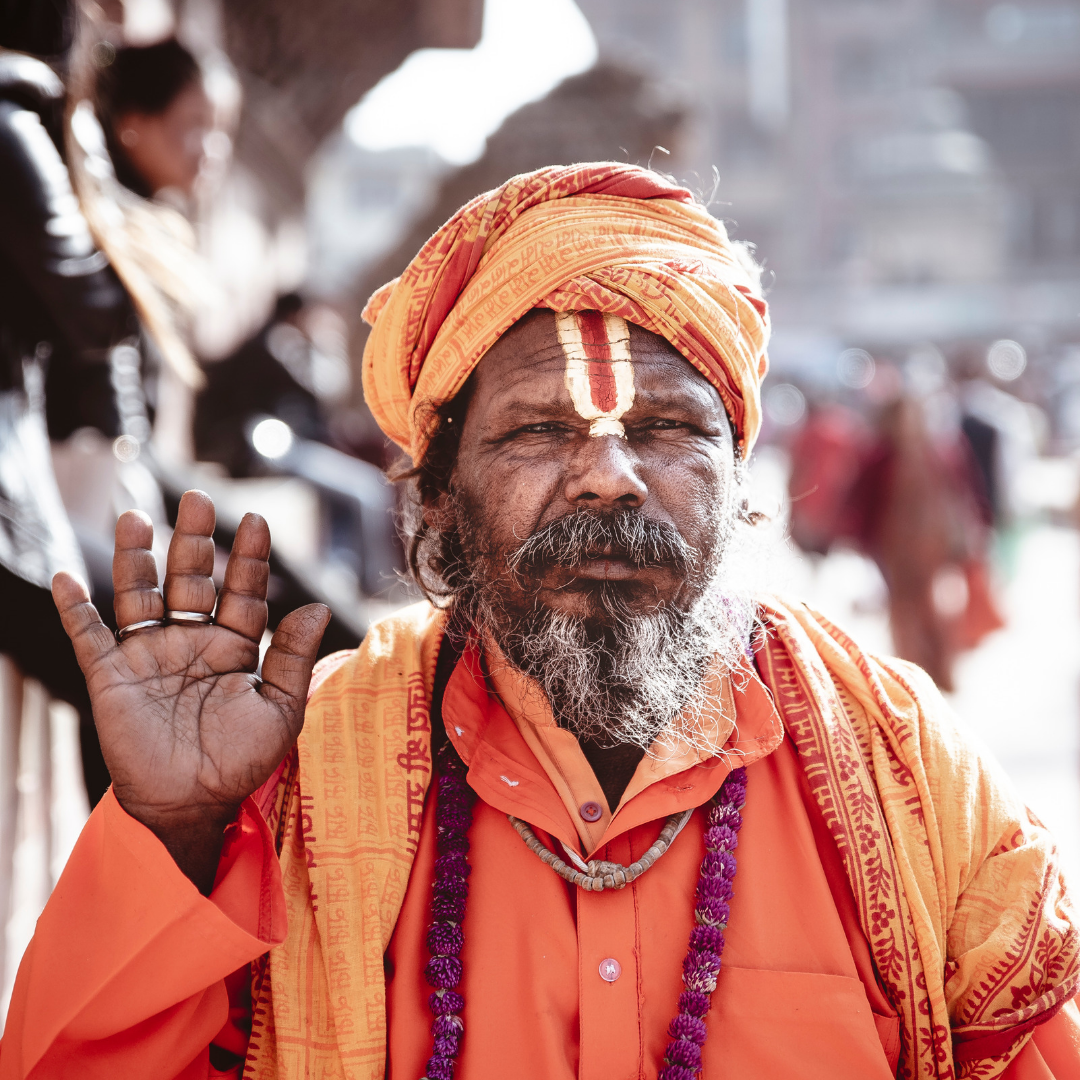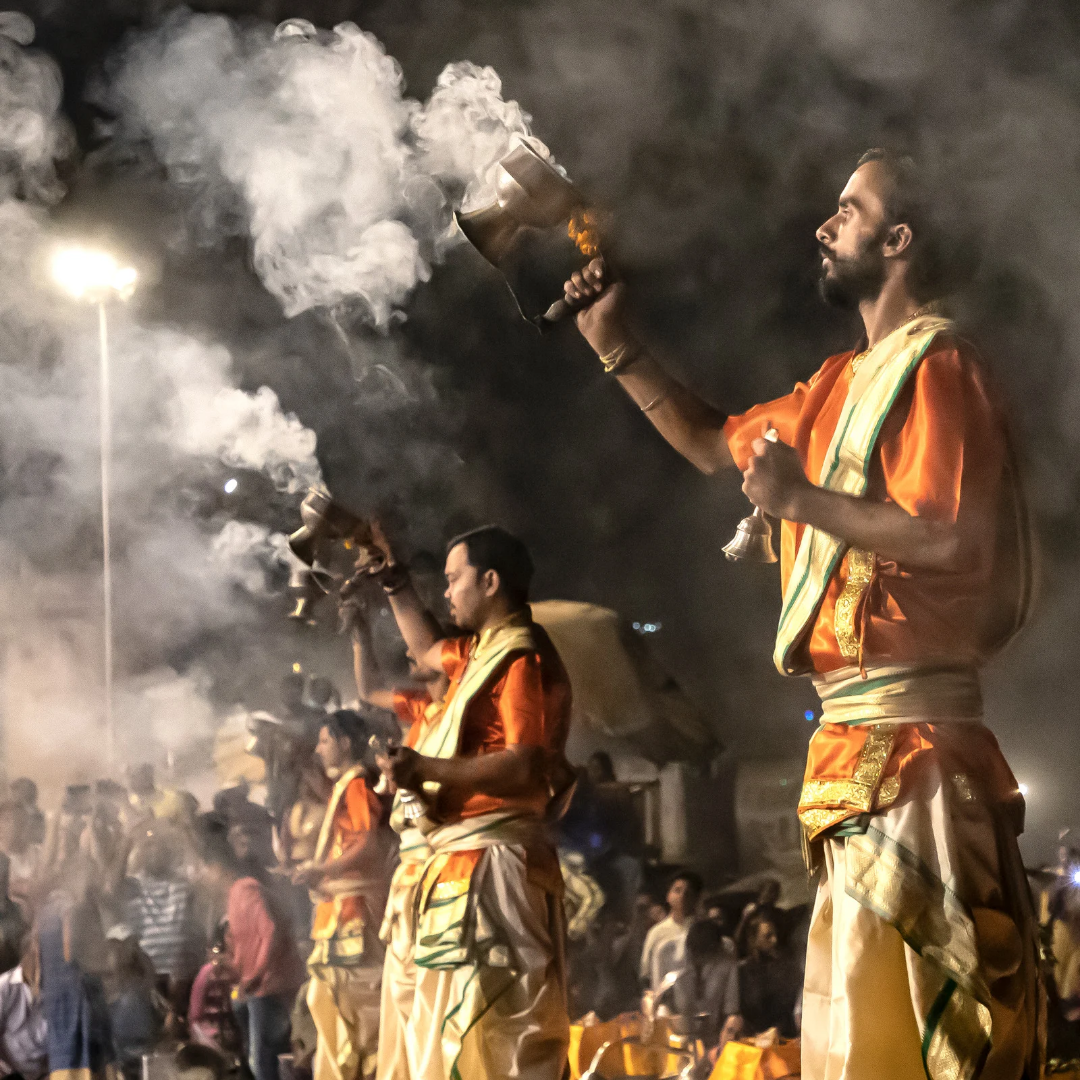Tagged: banaras, ganga arti, kashi, Shiva, traditions
- This topic has 1 reply, 2 voices, and was last updated by .
-
AuthorPosts
-
March 16, 2024 at 12:36 am #1861Up::22

Kashi, also known as Varanasi or Banaras, is an ancient city in India that holds deep spiritual significance for millions of people worldwide. Its importance stems from its role as a holy heritage site, cherished for its rich cultural heritage, spiritual ambiance, and historical significance. People from all walks of life, belonging to various religious beliefs, coexist in harmony, adding to the rich tapestry of traditions that make Kashi so unique.
This ancient city, situated on the banks of the sacred Ganges River, is believed to be the earthly abode of Lord Shiva, making it one of the holiest pilgrimage sites for Hindus.
The connection between Kashi and Lord Shiva is deeply ingrained in Hindu religious texts. According to those texts, Kashi is where Lord Shiva established his divine presence, making it a place of immense spiritual power and significance. The city is often referred to as “Avimukta,” meaning never forsaken by Shiva, highlighting the eternal bond between Kashi and the deity. Kashi is like a big, spiritual magnet, pulling in millions of people from all over the world.

For Hindus, Kashi is considered the holiest of cities, the abode of Lord Shiva, the destroyer and transformer among the Hindu trinity. Pilgrims flock to the city to seek blessings, perform rituals, and attain spiritual enlightenment. The city’s numerous temples, each with its own legend and significance, serve as focal points for worship and meditation. From the iconic Kashi Vishwanath Temple to the serene Sankat Mochan Hanuman Temple, these sacred sites are integral to the spiritual fabric of Kashi.
At the heart of Kashi’s spiritual landscape lies the Kashi Vishwanath Temple, dedicated to Lord Shiva in his form as Vishwanath, the ruler of the universe. This iconic temple is believed to be one of the twelve Jyotirlingas, sacred representations of Lord Shiva, making it an essential pilgrimage destination for devotees seeking the blessings of the deity.

The Ganges River, flowing gracefully through the city, holds profound significance for Hindus. Devotees believe that a dip in its sacred waters cleanses the soul of sins and paves the way for spiritual liberation. The ghats, with their ancient steps leading down to the riverbanks, are not just places for ritual bathing but also stages for performing religious ceremonies, offering prayers, and conducting cremation rituals. The Ganga Aarti ceremony, held daily at the Dashashwamedh Ghat, is a mesmerizing spectacle of lights, music, and devotion, attracting scores of spectators. The atmosphere is electric, and you can’t help but feel a sense of awe and wonder.
Buddhism also has a deep connection with Kashi, as it is believed to be the site where Gautama Buddha delivered his first sermon after attaining enlightenment. Sarnath, located near Kashi, is a major pilgrimage site for Buddhists, housing the famous Dhamek Stupa and other ancient ruins. Pilgrims visit Sarnath to pay homage to the Buddha and to meditate in the tranquil surroundings.
Jainism too has a presence in Kashi, with temples dedicated to Jain Tirthankaras scattered throughout the city. These temples are frequented by devotees who come to pray, get blessings, and take part in rituals. The Jain community adds to the diverse tapestry of faiths in Kashi, contributing to the city’s vibrant religious landscape.
Beyond its religious significance, Kashi is also a hub of cultural heritage, art, and learning. The city has been a centre of pilgrimage, scholarship, and artistic expression for centuries, attracting poets, scholars, musicians, and seekers from far and wide. Its winding lanes, bustling markets, and vibrant festivals reflect a tapestry of traditions and customs that have been preserved and cherished through generations.
And let’s not forget about the people of Kashi – they’re some of the friendliest folks you’ll ever meet. They are excited to share their customs and history and extend a warm welcome to guests. It seems like you are a part of one big, happy family.
In essence, Kashi is not just a city; it’s a living embodiment of faith, tradition, and cultural heritage. Its ancient roots run deep, drawing pilgrims and seekers from far and wide in search of spiritual solace and enlightenment. And whether you’re a believer or not, there’s something magical about being there – something that stays with you long after you’ve left.
- This topic was modified 1 year ago by .
- This topic was modified 1 year ago by .
Attachments:
You must be logged in to view attached files.April 22, 2024 at 12:51 pm #2066Up::0One of the things I love most is the variety of festivals here, from Navaratri, the nine-night festival honoring the goddess Durga, to Pongal in Tamil Nadu, a harvest festival to give thanks to nature. The diversity and abundance of Indian festivals demonstrate the country’s deep traditions and strong sense of community. One of the ancient arts that is widely used in weddings is the Simple Arabic mehndi design.
However, alongside this, I thinks India still has many issues that need to be addressed, such as gender discrimination and outdated customs that persist in some parts of society. For instance, some villages in western India still practice rituals like throwing children from heights or immersing them in boiling water. These archaic practices seriously impact the safety and well-being of children, both physically and psychologically.
-
AuthorPosts
- You must be logged in to reply to this topic.